Trump’s Clash with the AP Over Gulf of Mexico Name
In a heated exchange between the Trump administration and the media, former White House reporter Brian J. Karem has voiced sharp criticism of former President Donald Trump for what he sees as a blatant attempt to stifle free speech and manipulate the press. In a recent piece for Salon, Karem accused Trump of pushing the media “down a slippery slope,” where the press could be increasingly censored or restricted if they don’t fall in line with Trump’s demands. His comments were specifically related to the Trump administration’s recent actions regarding the Associated Press (AP), a leading international news organization, and its refusal to comply with Trump’s decree on the naming of the Gulf of Mexico.
Karem outlined how Trump’s displeasure with the AP’s refusal to refer to the Gulf of Mexico as the “Gulf of America” led to severe consequences. The AP, which has bureaus across the world and adheres to journalistic standards of impartiality, was penalized for refusing to adhere to Trump’s insistence on renaming the Gulf in line with his personal views. While Trump’s request to change the name might seem unusual to some, the AP and other media organizations have upheld the principle that such a significant alteration—especially one concerning international geography—should be backed by legal or diplomatic recognition, which Trump’s request lacked.
The Battle Over the Gulf of Mexico’s Name
Karem detailed how Trump’s frustration grew as the AP stuck to its stance, arguing that until there was more definitive backing for the name change, including recognition from other countries or formal legal processes, the AP would not alter its reporting. Karem highlighted that the AP’s refusal to comply with Trump’s demand was grounded in journalistic integrity and factual reporting. It wasn’t an attack on the president or his authority, but rather a stance against the arbitrary and undemocratic exercise of power, which could set a dangerous precedent for future interactions between the press and the White House.
Trump’s response, according to Karem, was swift and severe. He accused the AP of not recognizing the Gulf of Mexico as “the Gulf of America,” as he decreed. Trump’s actions against the news organization, including revoking their access to White House briefings, sparked a wider discussion about freedom of the press and the potential dangers of such a move. By excluding the AP from press pools, Trump effectively retaliated against a media outlet that refused to bow to his personal whims.
The Growing Concerns About Press Freedom
The most disturbing part of this incident, as Karem pointed out, is the precedent it sets for the treatment of the press. The First Amendment guarantees the right to freedom of speech and a free press. If the president can successfully punish reporters and news organizations for questioning his claims or refusing to comply with his directives, it undermines the very foundation of democracy. The act of kicking the AP out of the pool for not agreeing with Trump’s version of events is a prime example of how authoritarian tactics can encroach upon the media’s ability to hold those in power accountable.
Karem expressed his concern that this situation could escalate beyond just the AP. If Trump’s actions went unchecked, other reporters and news outlets that challenge his narrative might also face similar repercussions. If the media cannot ask tough questions, pursue the truth, or criticize the actions of government leaders, then democracy itself is at risk. The media is supposed to act as a watchdog, and without that function, the entire system of checks and balances becomes destabilized.

A Slippery Slope Into a Cesspool
Karem warned that Trump’s campaign against the AP represents a “slippery slope” that could lead to a “cesspool” of misinformation, censorship, and political retaliation. This, according to Karem, would have dire consequences for the future of journalism and public discourse. When a leader in power attempts to control the flow of information by punishing dissenting voices, it erodes the integrity of the democratic system and compromises citizens’ ability to access truthful, unbiased reporting.
By eliminating media organizations from the public dialogue and curbing their ability to challenge statements made by the government, the president risks turning the political landscape into an echo chamber, where only one viewpoint—the one sanctioned by the leader—can be heard. This undermines the diversity of perspectives that is crucial to a functioning democracy. For Karem, the risk of Trump’s behavior going unchecked is a serious concern, one that would have long-lasting effects on how the media interacts with government officials.
The Importance of Press Freedom in a Democratic Society
The controversy surrounding Trump’s attempts to curb the AP’s media access has prompted broader discussions about the importance of press freedom in a democracy. The United States, with its First Amendment protections, has long prided itself on the strength of its free press. But this latest clash between the president and the media raises questions about the future of this freedom. Will journalists be able to continue questioning the president’s actions, or will they be punished for doing so?
As Karem notes, Trump’s treatment of the AP is indicative of a larger, more troubling pattern. This isn’t just about the Gulf of Mexico’s name. It’s about the fundamental question of whether reporters will be allowed to challenge those in power or whether they will be punished for doing their jobs. The First Amendment is meant to protect journalists from political retaliation, ensuring that they can report the news without fear of censorship or retribution.
What Happens Next? The Legal Battle Over Media Access
Karem’s article also touched on the legal implications of Trump’s actions. According to First Amendment attorney Ted Boutrous, who represented Karem and CNN’s Jim Acosta in previous legal battles with the Trump administration, the AP has a solid case against the president. Boutrous argues that Trump’s attempt to remove the AP from the press pool violates the constitutional rights of journalists. Legal experts are closely watching the situation, as the outcome could set a significant precedent for future media access battles.

Trump’s administration has already seen legal challenges over press freedom, including the high-profile cases involving Karem and Acosta, both of whom fought to have their press credentials reinstated after being revoked by the president. These legal victories affirmed the principle that journalists cannot be arbitrarily banned from reporting the news simply because they ask tough questions or challenge government claims.
Conclusion: The Future of Free Press in the U.S.
The conflict between Trump and the Associated Press is emblematic of a larger issue concerning the relationship between government and the press. As the media plays a crucial role in informing the public and holding leaders accountable, any attempt to stifle that role is a threat to democracy itself. Karem’s warning about a “slippery slope” into a “cesspool” underscores the importance of maintaining a free and independent press, one that can function without fear of reprisal from those in power. This case serves as a reminder that journalists must be allowed to do their jobs without interference, and that the public’s right to access truthful information is paramount in preserving the integrity of democratic society.
Disclaimer – Our editorial team has thoroughly fact-checked this article to ensure its accuracy and eliminate any potential misinformation. We are dedicated to upholding the highest standards of integrity in our content.

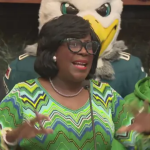

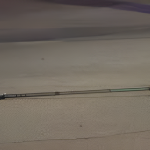






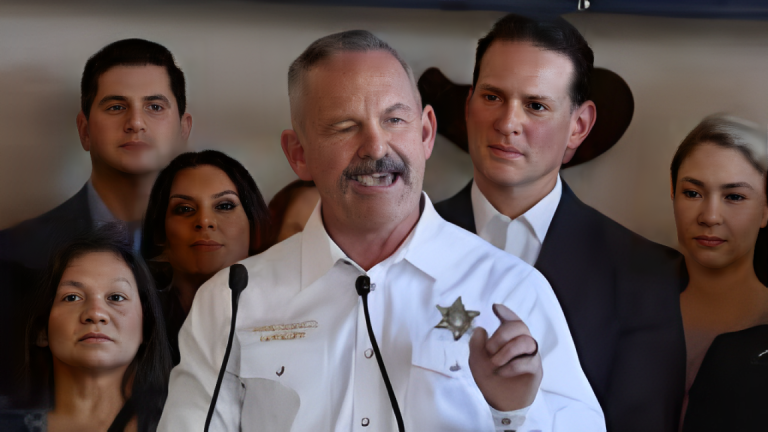






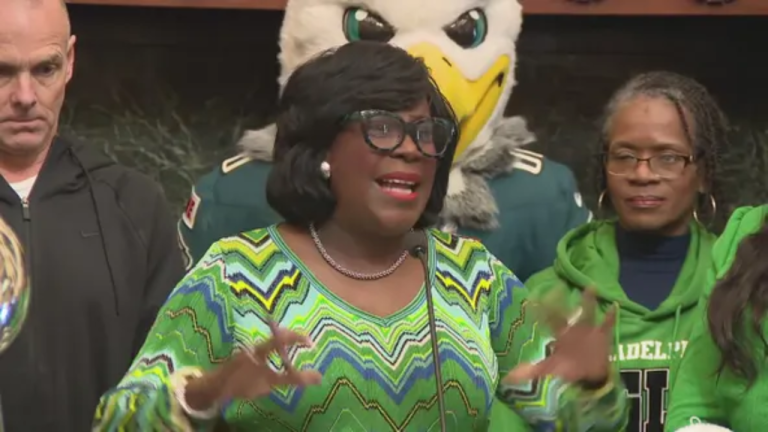

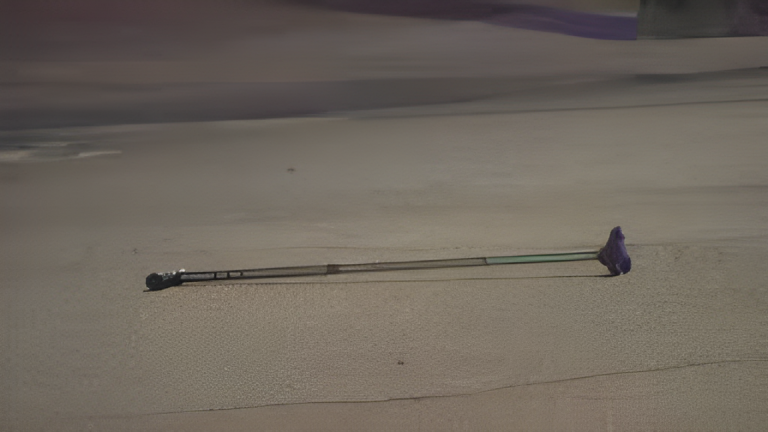








+ There are no comments
Add yours